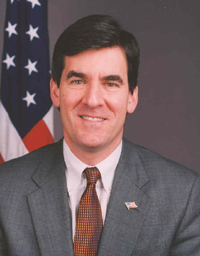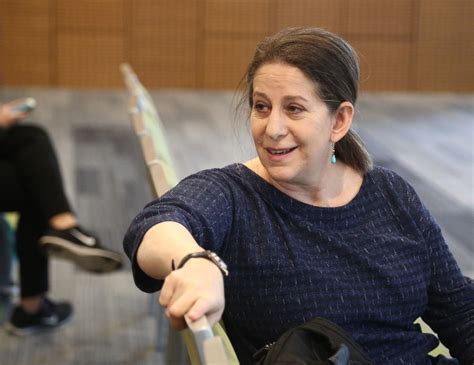A Quote by Mitchell Reiss
The other countries did not share the same concern the United States had in the early '90's - that North Korea actually had an ongoing nuclear weapons program.
Related Quotes
This is a good deal for the United States, north Korea will freeze and then dismantle its nuclear program. South Korea and our other allies will be better protected. The entire world will be safer as we slow the spread of nuclear weapons. The United States and international inspectors will carefully monitor North Korea to make sure it keeps its commitments. ...Only as it does, so will North Korea fully join the community of nations.
One of the greatest concerns that I had when I became President was the vast array of nuclear weapons in the arsenals of the United States and the Soviet Union and a few other countries, and also the great proliferation of conventional weapons, non-nuclear weapons, particularly as a tremendous burden on the economies of developing or very poor countries.
During the periods when South Korea played a more active role, the inter-Korean relationship was more peaceful, and there was less tension between the United States and North Korea. The last U.S. administration pursued a policy of strategic patience and did not make any effort to improve its relationship with North Korea. Also, the previous Korean government did not make any such efforts. The result is the reality you see today - North Korea continuing to advance its nuclear and missile program.
The North Korean regime remains one of the world's leading proliferator of missile technology, including transfers to Iran and Syria. The transfer of nuclear weapons or material by North Korea to states or non-state entities would be considered a grave threat to the United States, and we would hold North Korea fully accountable of the consequences of such action.
On both of my major trips to North Korea, the leaders of the country made it plain that they want to make progress towards doing away with nuclear weapons and towards ending the longstanding, official state of war which persists between North Korea and the United States and South Korea, a war which has continued since the ceasefire over fifty years ago. That sort of thing happens quite often when we meet with people who are kind of international outcasts with whom the government of the United States won't meet.
The worst part of what we heard Donald [trump] say has been about nuclear weapons. He has said repeatedly that he didn't care if other nations got nuclear weapons, Japan, South Korea, even Saudi Arabia. It has been the policy of the United States, Democrats and Republicans, to do everything we could to reduce the proliferation of nuclear weapons.
The basic problem with the Non-Proliferation Treaty is there's no teeth in it, no penalties for countries that don't comply. Worse, as you say, the very naïve structure of the NPT has actually made it helpful for countries who want to acquire nuclear weapons. Iraq, North Korea, Iran, all used the NPT to build up their nuclear programs.





































